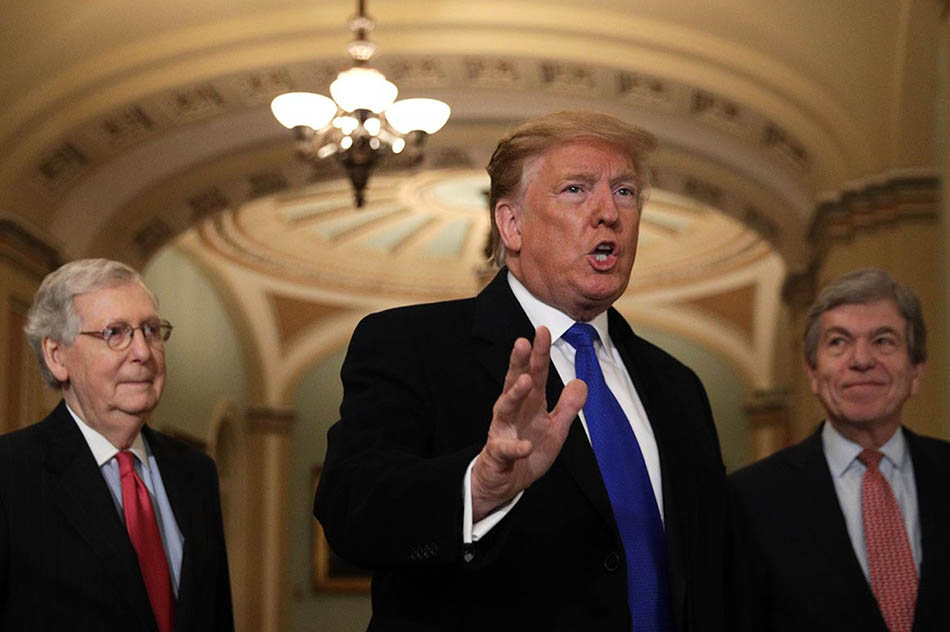Alan Draper
President Donald Trump has concentrated power in the office of the president to an extraordinary degree. All presidents try to do so but none so brazenly as Trump. For starters, he has claimed the power to impound spending authorized by Congress and to deport people without due process.
While Trump has been more ambitious in concentrating power than his predecessors, all previous presidents have acted similarly because they think short term. They dismiss the concern that the opposition party may inherit their enhanced powers and use them for very different purposes after the next election. Presidents regard that as someone else’s problem to distress over when they are gone.
But other political actors can’t be so cavalier about the long-term consequence of greater presidential powers. Legislators who intend to have long careers in Congress can’t be so indifferent to the risk that enhanced presidential powers used by their party now could be used against them later. Concentrating power in the president may be advantageous today for advancing their program but may be used by their opponent to promote very different policies tomorrow.
But the MAGA movement has pushed this logic to the wayside. Congressional Republicans today appear unfazed that Trump is fashioning the weapons of the unitary president that can someday be turned against them. Republican legislators who should be thinking long-term—who are in safe seats and will be in Congress long after Trump is gone—have supported a concentration of presidential power that may in the future be wielded against them by a Democrat.
Congressional Republicans have also failed to defend their long-term interest in preserving the prerogatives of Congress. They are complicit in their own emasculation, when they cede power to Trump. Who needs Congress to make a budget when they accept Trump’s claim that he has the power to ignore it? Increased powers of the president--who is a Republican now but may be a Democrat after the next election--come at their expense.
Perhaps Republican legislators believe that future Congresses will be able to claw back from a Democratic president the powers they appear so willing to surrender to President Trump.
But something darker may be at play. Concentrating power in the president heightens the stakes for winning that office. Perhaps Republicans are willing to let Trump invest so much power in the president because they don’t intend to give it up, as the attempted coup on January 6th revealed. The only threat to a muscular presidency that eclipses Congress and the Courts is turnover. Once power becomes concentrated in the president, relinquishing the keys to a domineering Oval Office may be too high a price for any party to pay.
Alan Draper is Emeritus Professor of Government at St. Lawrence University


